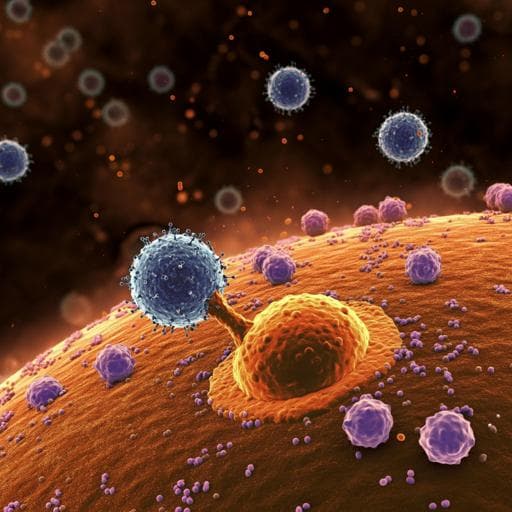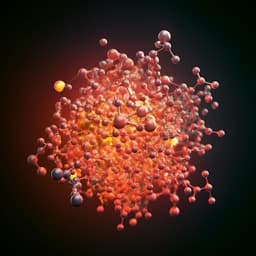
Medicine and Health
Environmental signals rather than layered ontogeny imprint the function of type 2 conventional dendritic cells in young and adult mice
N. E. Papaioannou, N. Salei, et al.
Discover how researchers, including Nikos E. Papaioannou and Barbara U. Schraml, reveal that conventional dendritic cells (cDC) in early life, despite being distinct from adults, are functionally competent in activating T cells. This groundbreaking study uncovers the dual hematopoietic origin and unique development waves of cDC2 during immune maturation, highlighting their potential in boosting early life immunity.
Related Publications
Explore these studies to deepen your understanding of the subject.







